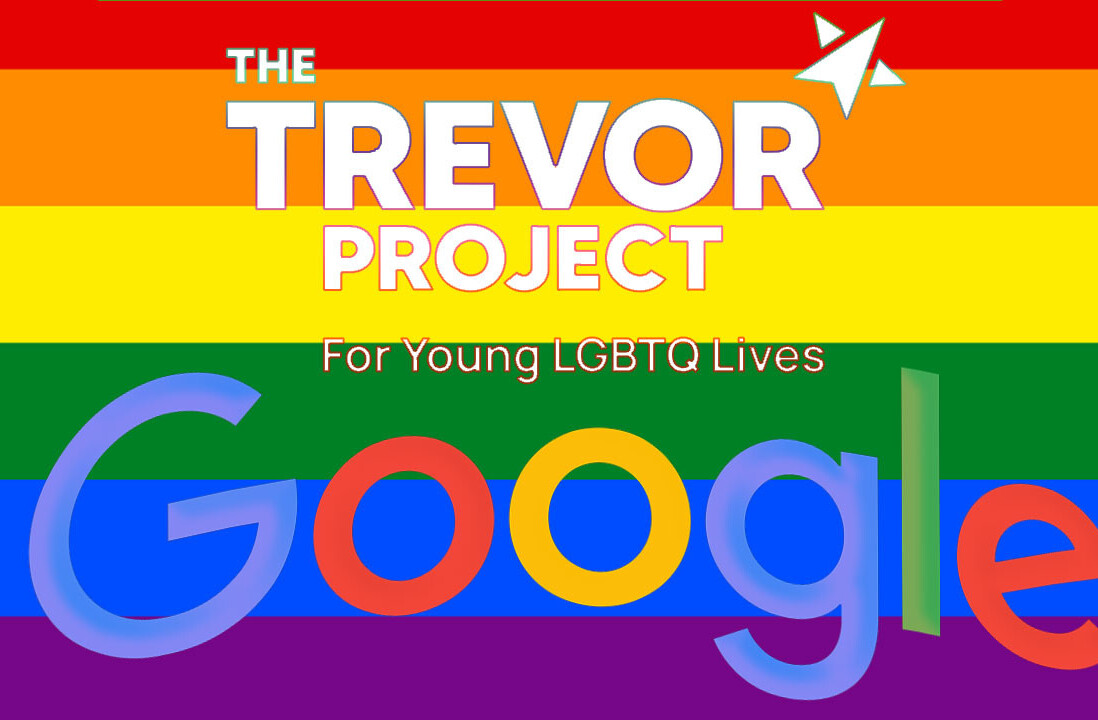

By Guest Author Kul Singh, CEO of FunnelScope
FunnelScope’s application is essentially three search engines in one: vertical search (travel), semantic search, and social search.

Why take this approach? FunnelScope’s thesis is this is the sweet spot for search.
Vertical search provides focus and comprehensiveness. We have all used vertical search engines. Sites like Expedia, Orbitz, Kayak, and TripAdvisor are all vertical search engines for travel. Most of us use them because they usually are more comprehensive than a generic search engine in terms of content and features.
The strength of vertical search engines is also their weakness. Comprehensiveness means lots of choices and lots of reviews to read. How do you narrow down the right option for you? This is where semantic search comes in. Vertical + semantic search allows you to quickly narrow down your choices based on criteria you care about. Semantic search provides a way for discovery and time savings. In FunnelScope’s case, we semantically score reviews for each key attribute and then categorize reviews by those attributes. This allows you to search by attributes such as views, bathroom quality, business, or kid-friendly and only read the reviews relevant to your search.
The issue with vertical + semantic alone is the reliance on input from a bunch of strangers where you can’t be sure the reviews are from people like you. This is where social search comes in. You may ask why not just rely on social search alone and skip the other two? There are indeed companies like Aardvark that attempt to do this. The problem is that starting off with social search and only relying on this approach limits your options from the outset. You only get the view of your friends and may miss out on an excellent option that is right for you. Plus, these approaches are too generic (where you get no data, just some options you still need to research).
This is why FunnelScope likes to leverage social search as a means to help you narrow down and personalize a comprehensive selection, as opposed to limiting your options from the outset. As you can see from a previous post that highlights my social search results, overlaying social input to personalize search rankings is quite helpful. But FunnelScope believes that social search needs to go even a step further in providing functionality that helps you better manage your social search across social networks, and this is coming in our beta release.
What do you think of FunnelScope’s vertical + semantic + social approach? Does it provide you with comprehensive yet personalized results and save you time versus other search engines. As David Letterman used to ask in one of his skits, “Is this something?” We welcome your thoughts and feedback.
Original post from the FunnelScope blog Here:
Get the TNW newsletter
Get the most important tech news in your inbox each week.





